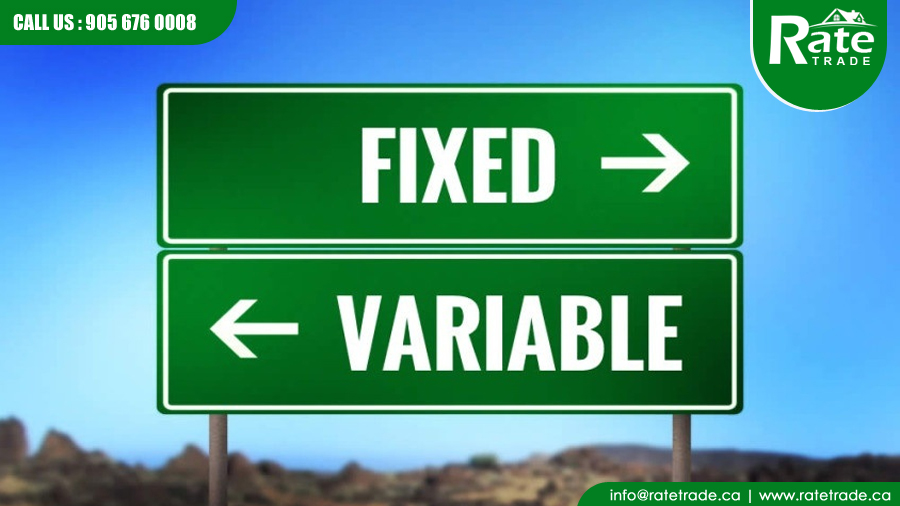Can a fixed-rate mortgage change? : To understand a fixed-rate mortgage, we should know what a mortgage is? A mortgage, in simple terms, is the loan that a person uses to buy a home or land. That person becomes the borrower and agrees to pay the lender(the person who lends the money) over some time.
An interest rate is applied on the principal amount borrowed. That is referred to as mortgage interest rate, which varies between 5 to 8 percent.
Types of mortgages
Mortgages are primarily classified into fixed-rate and adjustable-rate mortgages. Interest-only, reverse mortgages, and wide other varieties can seen too. So a fixed-rate mortgage, as the name says, a mortgage where the rate is fixed, and the borrower knows the amount he must pay every month until the period ends.
The covid-19 pandemic has deeply affected the current interest rates. Over the decade, it has gone from averaging around 8 per cent to averaging around 3 per cent.
A 30-year fixed-rate mortgage is popular for its low monthly payments and spread over a more extended period. A 15-year fixed-rate mortgage has slightly higher monthly payments. But a 5/1 ARM has five years of fixed rate and is adjustable.
Current fixed mortgage rate trend
The current mortgage rate has cooled to an average of around 5.90% on a 30-year fixed mortgage, 5.10% on a 15-year fixed mortgage, 5.78 per cent on a 30-year jumbo mortgage and 4.29 per cent on a 5/1 ARM. Today’s interest rates slipped to as low as 2.65% in January 2021.
What is refinancing
Fixed-rate mortgages have a fixed rate over the period. This makes the process hassle-free for the borrower, but it is still subject to change. An unexpected change can occur anytime. It may be due to differences in property tax, reassessment or refinancing.
Refinancing a mortgage is replacing the current loan with a new loan. The term period or rate tweaked. The refinance rates have taken a hit as well. The rates are hovering around an average of 4 to 5 per cent.
To get the best refinance rates, you should compare the rates with one another. Get around 3 to 4 rates currently offered. It could be from various sources like banks, mortgage lenders, or brokers. Compare them not only based on the rate but also on fees and other overheads that could bump up the final amount.
The current refinances rate has slipped to an average of 5.18% on a 30-year fixed refinance, 4.85% on a 20-year fixed refinance, 4.40% on a 15-year fixed refinance, and 4.66 per cent on a 5/1 ARM refinance.
What is the best mortgage rate, and how to choose one?
The best mortgage rate is subjective and depends on the borrower and factors like his credit history, income, and debts. These factors determine what the best mortgage rate for a person is.
The credit score is the primary factor; the more the score, the lesser the rate. Larger down payments and lower debt-to-income ratios influence mortgage/ refinance rates.
According to Forbes, Chase(best for relationship discounts), Flagstar Bank(new home construction), Mr Cooper, PNC Bank(best for medical professionals), and Better.com(best online lender) are amongst the top 5 best mortgage lenders.
Best mortgage lenders vary from source to source, but the best way to go about it is to compare them first-hand. Try and get as many good quotes as possible. Compare them based on lenders’ knowledge of the locality and their experience.
History and track records, integrity, and honest pricing should also considered. Get as many green ticks as you can to find yourself the best mortgage lender with the best mortgage rates.

Comments (0):